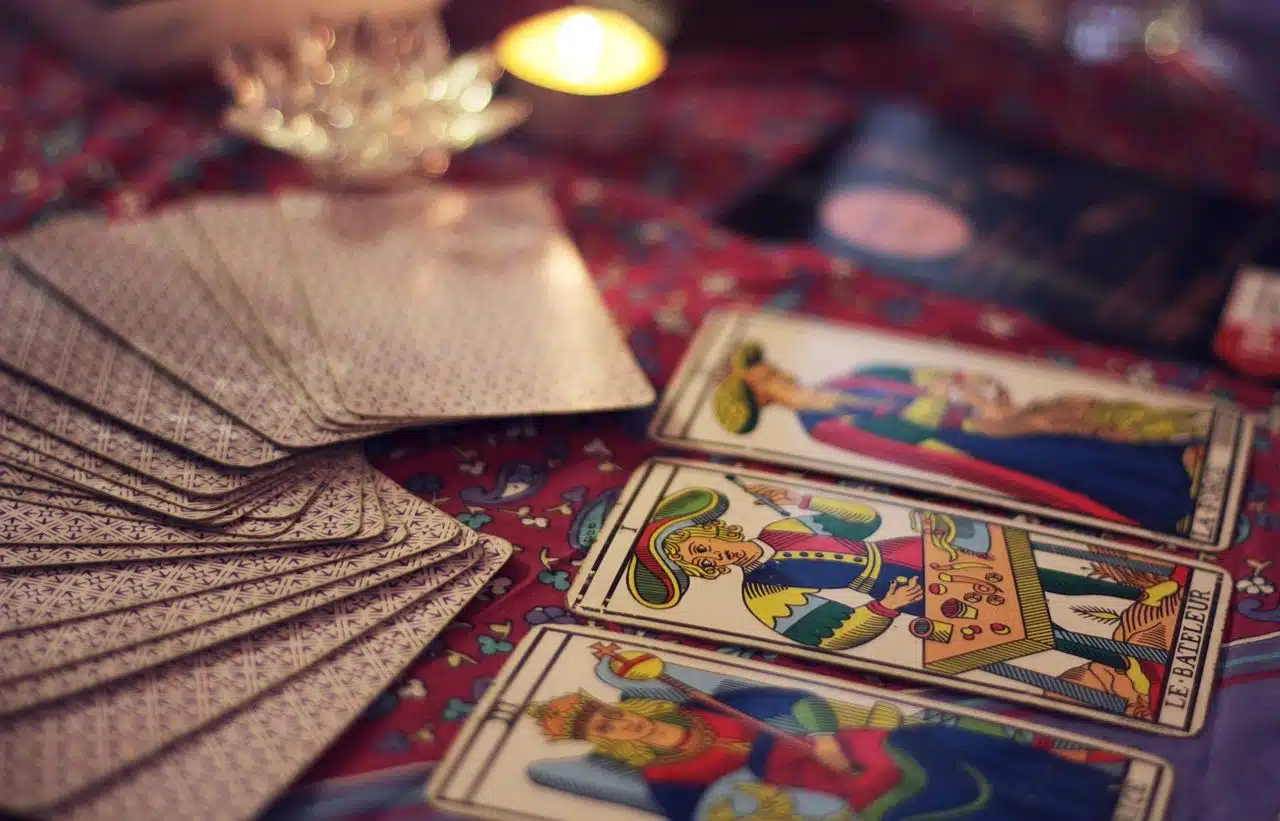
Sortilegio can be used as a synonym for spell.
A spell is a divination ritual that is carried out through an act with magical characteristics. The etymological origin of the concept, which comes from Latin, refers to the ability to read fortunes .
To develop a spell, therefore, a fortune teller is in charge of interpreting certain signs that, supposedly, take place before an event. This means that various practices can be included within the notion of spell, such as different types of "readings" (of the lines on the hand, the cards, the coffee grounds, etc.). It is worth mentioning that currently the term spell is often used as a synonym for spell ; Instead, the word clairvoyance is preferred to refer to divination practices.
The spell as a divination practice
Understanding the idea in its broadest sense, a person who uses a tarot deck to tell the future is performing a spell. It is possible that said subject presents himself as a fortune teller and that he charges for the consultations that other individuals wish to ask him to find out what will happen in one or more areas of his life.
This type of divination practices have been developed, with different variants, for thousands of years. In ancient times, in fact, society had great respect for those who offered spells, since their divinatory power was trusted. Today, however, divination has no prestige: people, in general, disbelieve the supposed abilities of those who say they can read signs to anticipate the future .
The change occurred from the advancement of science and its method. The Enlightenment and trust in reason made society begin to look for logical explanations for the link between a sign and an event, or between a cause and its consequence.

A clairvoyance is a spell.
Various readings
In addition to cartomancy, palmistry and reading coffee grounds, the spell also includes readings such as:
- Cleromancy : it is a very ancient type of divination, which made use of beans or dice, which were placed on an urn. Once the gods had been implored to direct luck, these elements were cast to finally read the resulting symbols and predict the future. Mercury (an important god of commerce, according to Roman mythology, but also the messenger of the gods and the chief of orators, travelers and shepherds) was believed to preside over cleromancy. For this reason, an olive leaf bearing his name was included in the urn.
- Necromancy : This is a type of divination that involves invoking the spirits of the dead by manipulating their remains or some of their possessions. Through this contact, it is believed that it is possible to know the future. Some of the cultures that practiced spells with these characteristics were the Mesopotamian, the Egyptian and the Persian, which demonstrates the antiquity of these beliefs. It is worth mentioning that even today necromancy has its place although, since it is considered illegal, it is not present in society as evidently as in the past.
- Aeromancy : in this case, it is through the observation and interpretation of the air and the vaporous formations that occur in it (such as clouds, although lightning, wind and thunder are also observed) that the act of aeromancy is practiced. guessing. Aeromancy was very popular among many primitive peoples. During a session, the clairvoyant translates the apparently indefinite forms into concrete messages, or uses them to externalize information to which he had accessed unconsciously. This type of mancy is also based on the position of the planets, which can be favorable or unfavorable.
